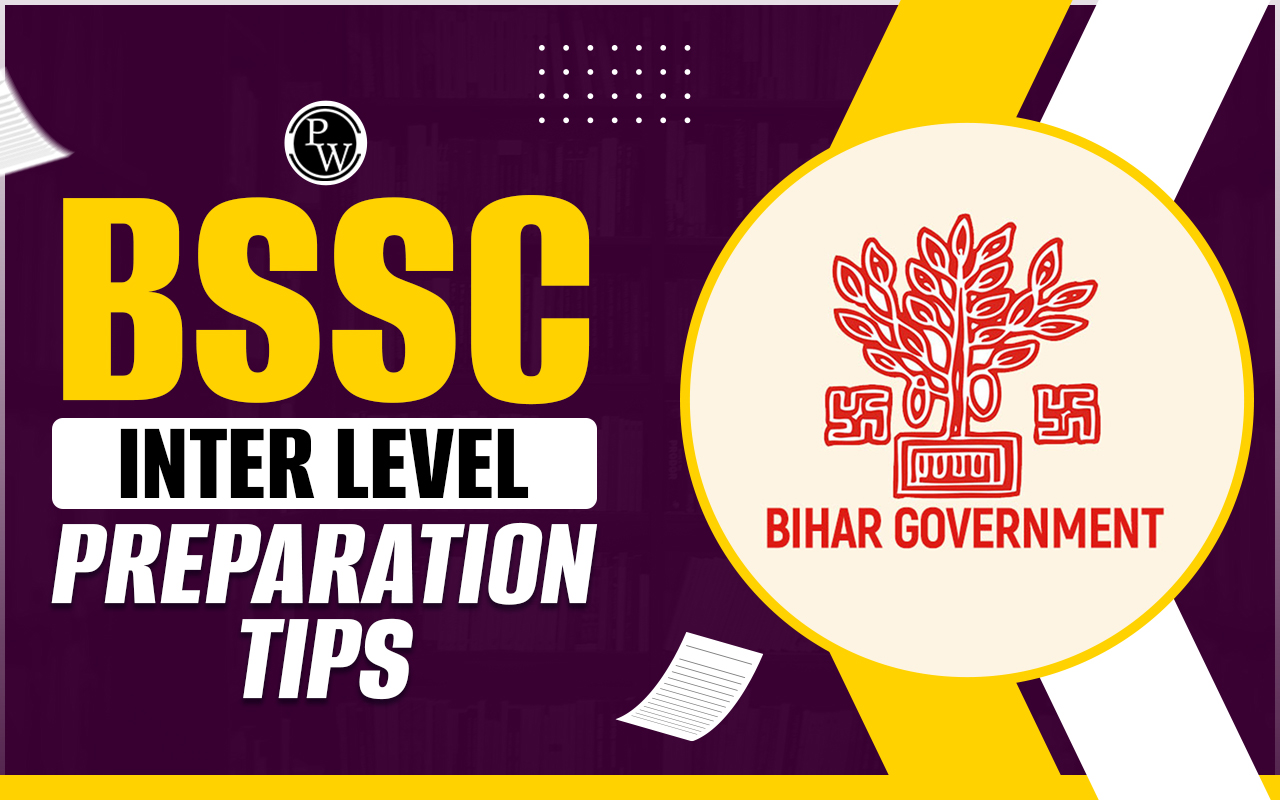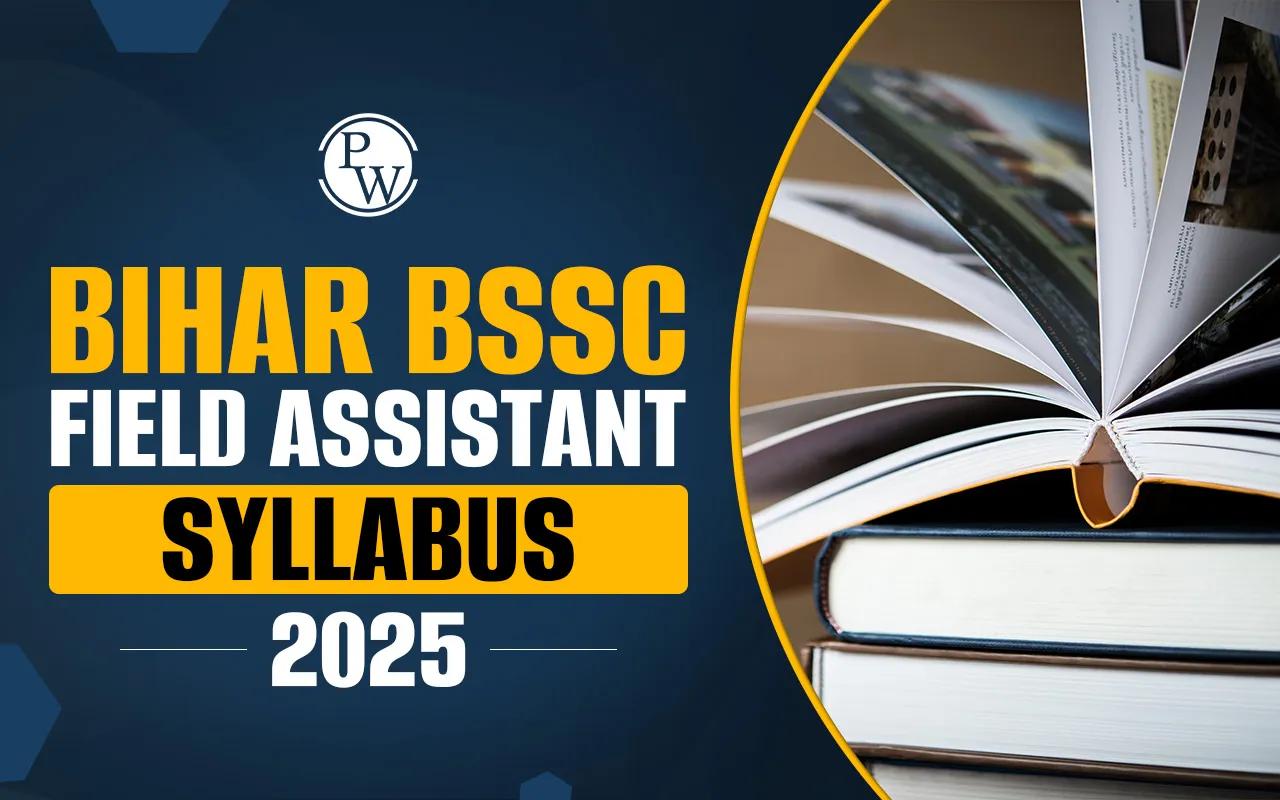
BPSSC Forest Range Officer Preparation Strategy 2025: To pass the BPSSC Forest Range Officer exam, you need to study with a clear and well-planned strategy. First, understand the latest syllabus and exam pattern. This helps you know which topics are important and how to divide your study time. Make a daily study schedule that includes all subjects, regular revision, and practice with mock tests to check your progress and manage time better.
Focus on understanding the basics of subjects like General Science, Maths, and Reasoning. Use good books and solve previous years’ papers for better practice. For General Hindi, spend time on grammar, comprehension, and writing. Even though it’s only a qualifying paper, you must pass it. Also, read newspapers and magazines often to keep up with current affairs, especially about the environment, Indian politics, and new developments in science and technology.
BPSSC Forest Range Officer Eligibility
BPSSC Forest Range Officer Exam Pattern 2025
Here is the detailed BPSSC Forest Range Officer Exam Pattern 2025:
-
Both papers are objective.
-
Paper I is qualifying; Paper II marks are considered for merit
|
Paper |
Subject Areas |
No. of Questions |
Marks |
Duration |
Negative Marking |
|
Paper I |
General Hindi |
50 |
100 |
1 hour |
0.22 per wrong |
|
Paper II |
General Studies (GK, Science, Mathematics, Reasoning, Current Affairs) |
100 |
300 |
2 hours |
0.33 per wrong |
|
Interview |
- |
- |
50 |
- |
- |
BPSSC Forest Range Officer Syllabus 2025
Here is the latest BPSSC Forest Range Officer Syllabus 2025 to help candidates prepare effectively for each stage of the examination. Check subject-wise topics and plan your study accordingly.
General Hindi
-
Grammar, Verbs, Pronouns, Prepositions, Determiners, Connectors, Sentence Structure, Types of Sentences, Subject-Verb Concord, Non-finite Verbs, Phrases and Clauses.
General Studies
-
Indian Parliament, History, Geography, Civics, Polity, Economy, Science, Environment, Current Affairs, Famous Books and Authors, Sports, Awards, Important Days, Inventions, and Discoveries.
Biology
-
Diversity in Living World, Plant and Animal Kingdom, Cell Biology, Genetics, Evolution, Physiology, Ecology, Biotechnology, Human Welfare.
Mathematics
-
Arithmetic, Algebra, Number System, Geometry, Statistics, Probability, Averages, Ratio and Proportion, Time and Distance, Profit and Loss, Simple and Compound Interest, Data Interpretation.
Reasoning and Mental Ability
-
Series, Coding-Decoding, Puzzles, Blood Relations, Direction Sense, Syllogism, Venn Diagrams, Decision Making, Assertion and Reason, Logical Sequencing.
Know: BPSSC Forest Range Officer Salary
BPSSC Forest Range Officer Preparation Strategy 2025
Getting ready for the BPSSC Forest Range Officer exam needs a clear and planned method because the exam has many stages and a wide syllabus. Below is a step-by-step guide to help you prepare better and increase your chances of success.
-
Understand the Exam Pattern and Syllabus
Start your preparation by clearly understanding the exam pattern and syllabus. Knowing the structure of both papers: General Hindi and General Studies—helps you focus on important topics and manage your time better.
-
Make an Effective Study Plan
Make a daily study timetable that includes all the subjects and time for revision. Spend more time on subjects you find difficult but make sure you study all topics. It’s important to follow your plan every day with full focus and discipline.
-
Prepare Your Basics
Work on understanding the basic concepts of Hindi grammar, General Science, Indian History, Geography, and Mathematics. NCERT books and good reference books are helpful for building strong basics, which are important because most questions come from these topics.
-
Practice Previous Year Papers and Mock Tests
Solve old question papers and take online mock tests regularly. This will help you get used to the exam format and improve your speed and accuracy. After each test, check your performance and find out which areas need more practice.
-
Focus on Current Affairs and General Knowledge
Spend some time every day reading newspapers, magazines, or websites to stay updated with current events, especially about the environment, forests, and news related to Bihar. Make short notes so you can revise them quickly later.
-
Master Reasoning and Aptitude
Practice different reasoning questions like number series, coding-decoding, puzzles, and syllogisms. For aptitude, study topics like simplification, percentages, ratios, and data interpretation. Learn simple tricks and formulas to solve problems quickly.
-
Revise Regularly
Keep time every week for revision. Go over important formulas, facts, and key ideas so they stay fresh in your mind. Use short notes and flashcards for quick and easy revision, especially before the exam.
-
Prepare for the Interview and Physical Tests
If you pass the written exam, begin preparing for the interview by practicing common questions about forests, the environment, and your personal background. For the Physical Efficiency Test, exercise regularly to stay fit and meet the required physical standards.
Unlock your potential for State Government Exams with Physics Wallah's (PW) courses designed to boost your preparation.
BPSSC Forest Range Officer Preparation Strategy 2025 FAQs
What is the selection process for BPSSC Forest Range Officer 2025?
How many papers are there in the written exam?
Is there negative marking in the BPSSC Forest Range Officer exam?
How should I start my preparation for the BPSSC Forest Range Officer exam?
What are the most important topics for Paper II?









